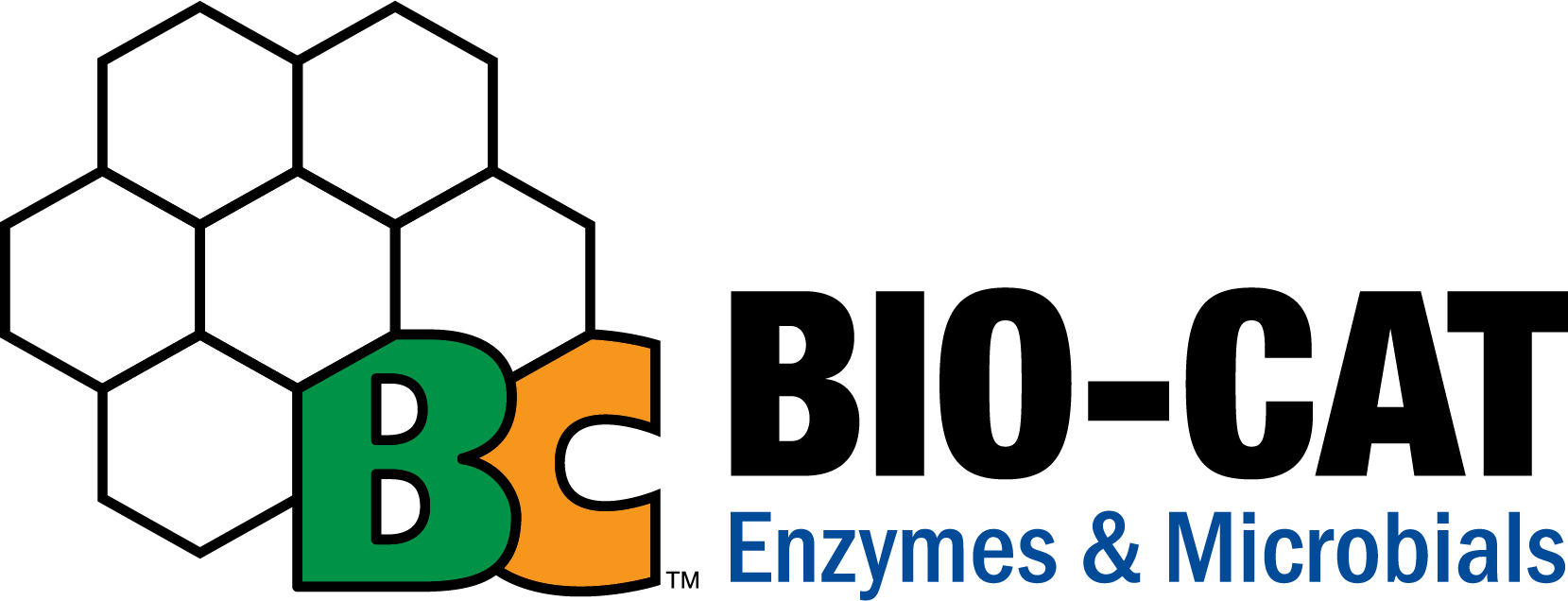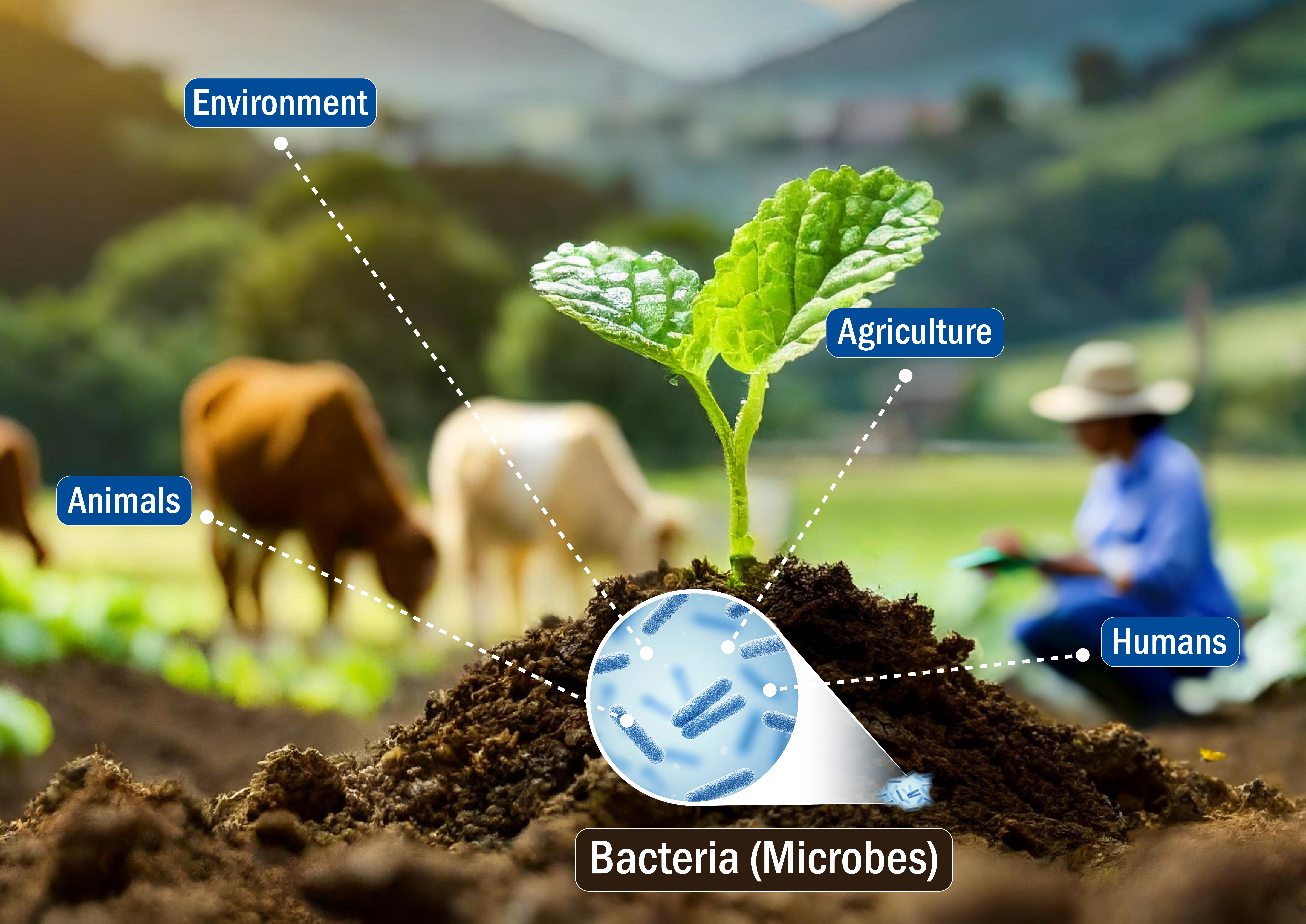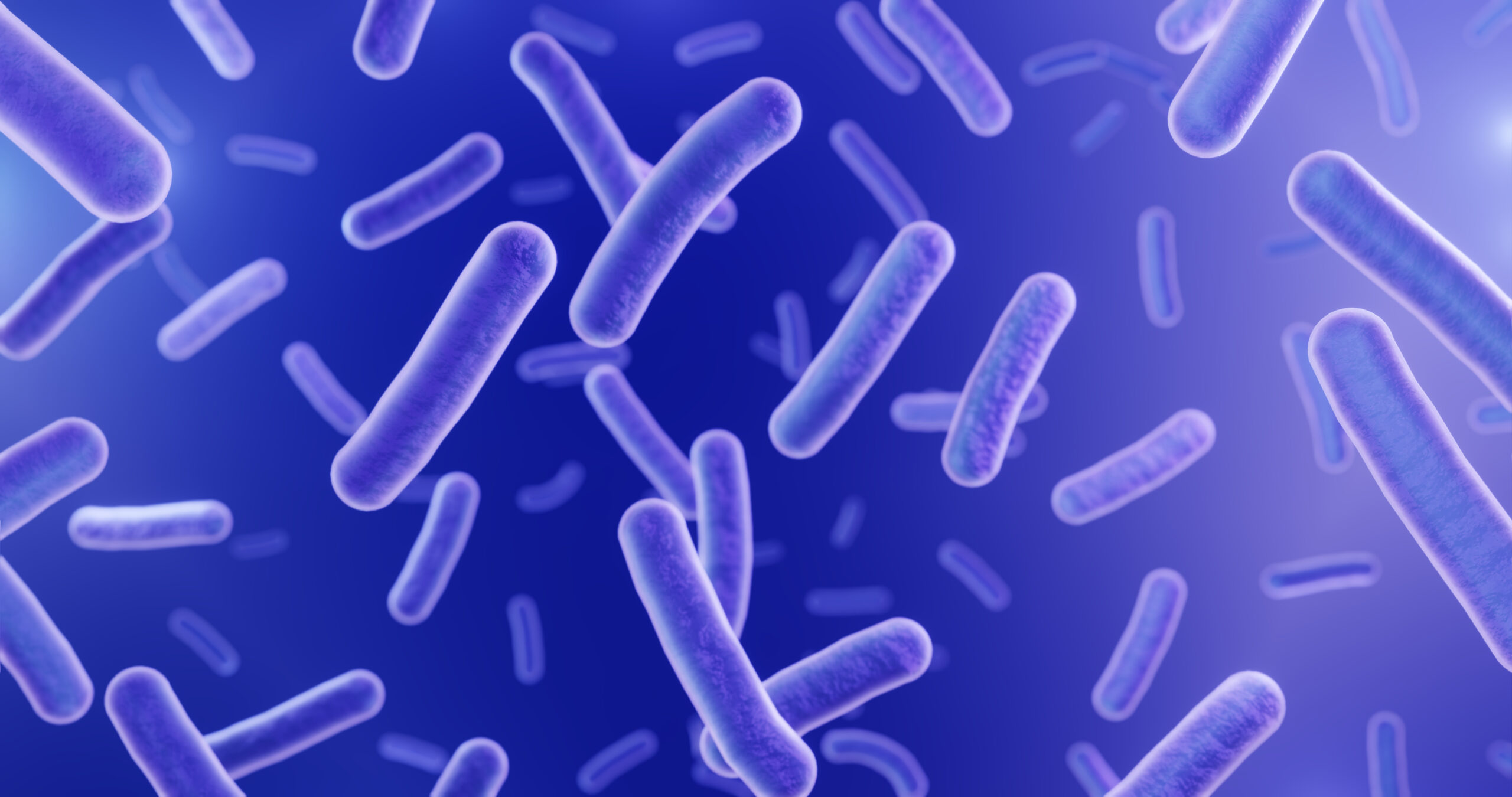Microbes affect nearly all aspects of our world. Typically, when we hear the term microbe, we think of bacteria, but really the term encompasses a large diversity of organisms, such as bacteria, Archea, fungi, viruses, protists, and even some species of single-celled plant algae. For our purposes, however, we are primarily focusing on bacterial microbes. Bacteria can:
- break down nutrients and fix nitrogen in the soil
- degrade hydrocarbons
- recycle waste in aquaculture systems
- aid the digestion process in animals and humans
Bacteria are tiny, living, single-celled microorganisms that are ubiquitous in nature; they can be found in water, soil, and the air we breathe. While typically depicted as the culprits of disease and foodborne illness, the vast majority of bacteria actually pose no harm to humans. In fact, bacteria play critical roles in many biological and ecological processes and are essential for life as we know it.
As the longest living organisms on our planet, bacteria have co-evolved alongside and forged synergistic relationships with other microbes, plants, animals and humans and have developed extensive and diverse metabolisms. This metabolic versatility has allowed bacteria to exist in a wide variety of habitats from the frozen tundra to the tropical rainforest to the extremely hot thermal springs of Yellowstone. The vast metabolic and genetic diversity that bacteria possess have also served as the toolkit for biotechnology. So, although small in size, bacteria are arguably the most important living organisms that can address some of the world’s biggest challenges.



